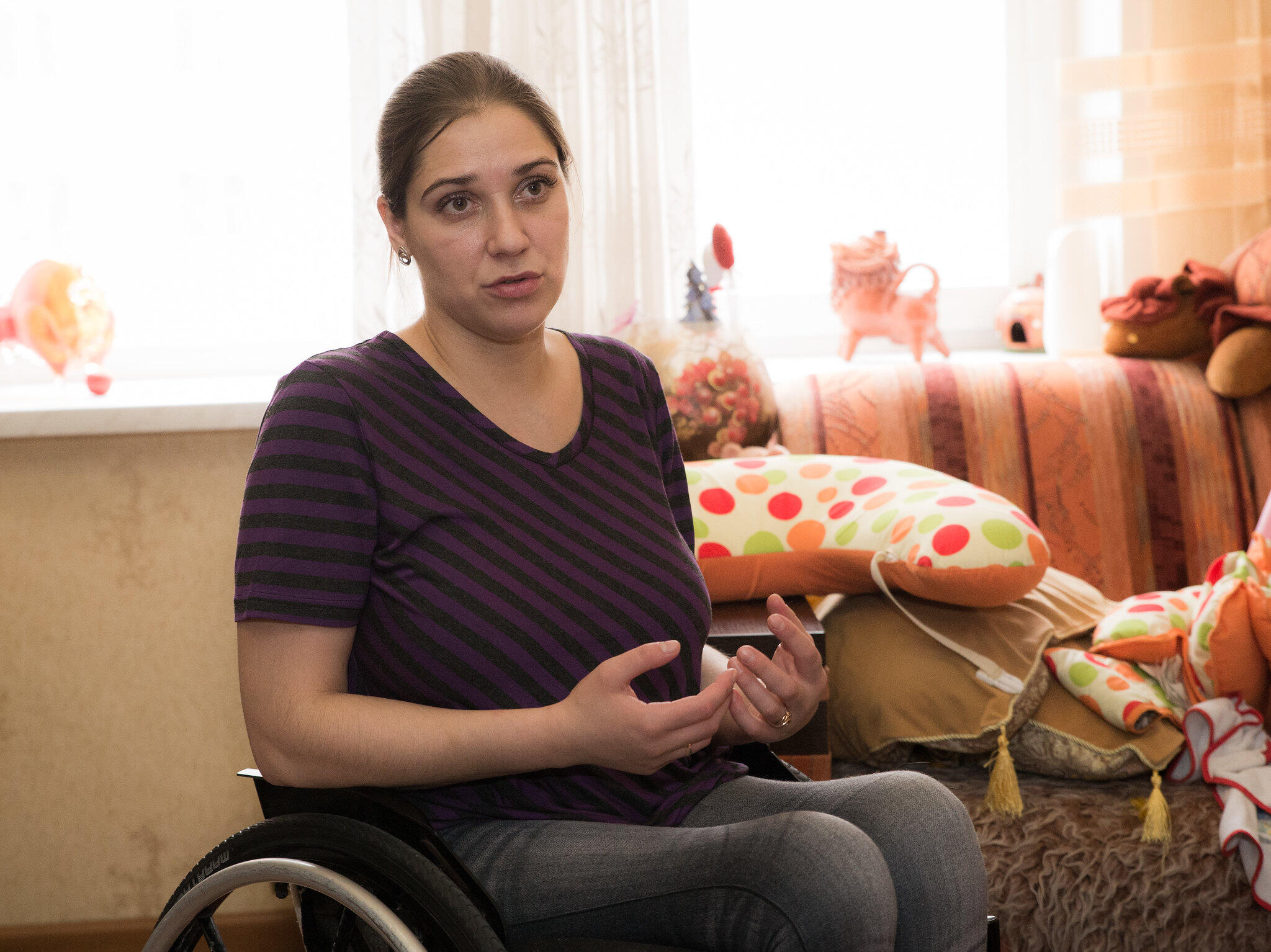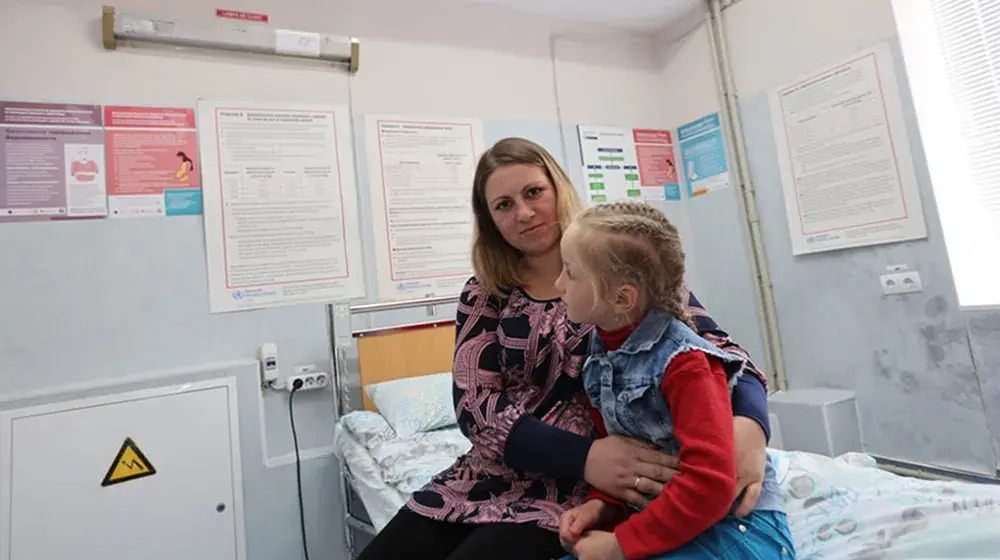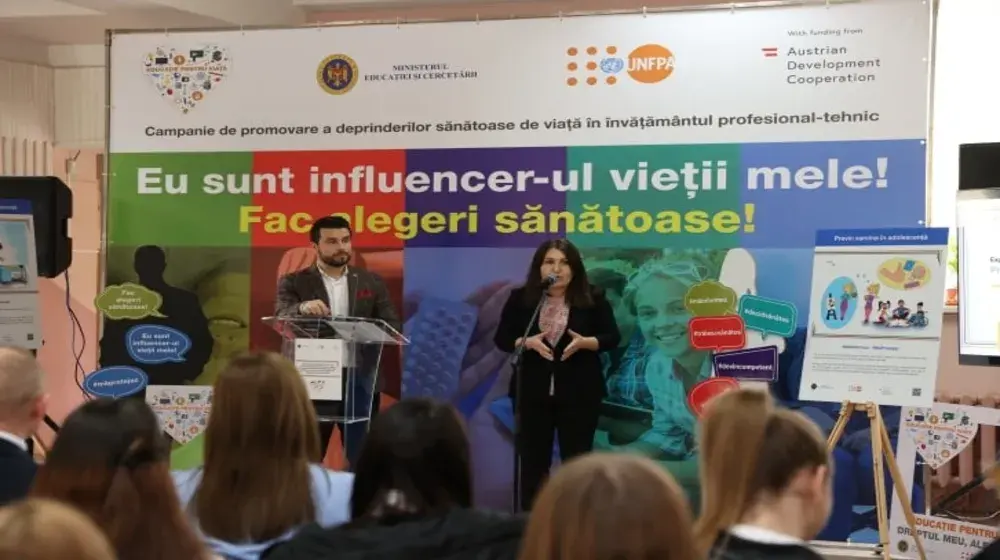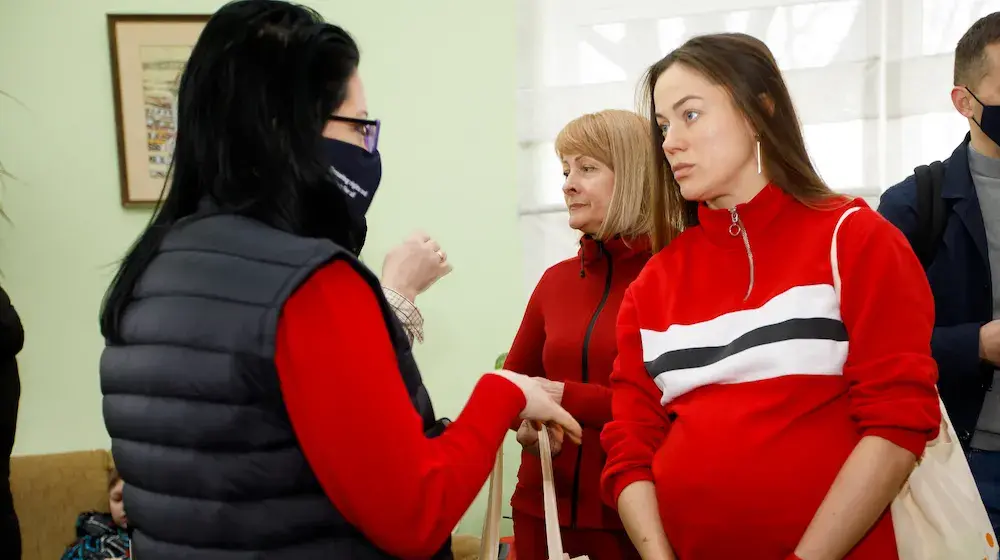Statement by UNFPA Executive Director Dr. Natalia Kanem
On the International Day of Persons with Disabilities
3 December 2020
More than a billion people: that’s how many live with a disability today. Some disabilities are apparent, but not all. Learning disabilities and mental disorders, for example, may hinder one’s full and effective participation in society. Often unrecognized, they can profoundly complicate navigating a world with little in the way of accommodation or accessibility.
Today, on the International Day of Persons with Disabilities, we commit to building a world that is accessible to everyone. Making that a reality requires removing the persistent barriers that still exclude far too many. It demands going beyond assumptions about what a disability “looks” like. It means meaningful participation of persons with disabilities, and living up to the call for “nothing about us, without us”.
How can we ensure everyone realizes their rights and choices? What must happen to make services accessible, and to open equal opportunities to live and thrive? How do we rid societies of the stigma and discrimination that persons with disabilities all too often face? As we seek to achieve the Sustainable Development Goals by 2030, these are questions that we must answer – and act on – urgently.
Protracted isolation and disruptions in services and routines due to COVID-19 have imposed extra burdens on persons with disabilities, who report that the pandemic response falls far short on accessibility. Not only must we continue to dismantle long-standing barriers; we also need to work harder to ensure that existing gains are not lost, and that we accelerate progress, including in advancing access to sexual and reproductive health and rights.
Persons with disabilities have the same rights as everyone else, as affirmed in the Convention on the Rights of Persons with Disabilities. All countries should have fully inclusive sexual and reproductive health policies and services for persons with disabilities. These must redress current yawning gaps, for example, in access to contraceptives or even basic gynaecological care. And our efforts to end gender-based violence must address the acute vulnerabilities that put women and girls with disabilities at greater risk of violence.
We at UNFPA are stepping up our efforts to prioritize the rights and needs of persons with disabilities in everything we do, including our COVID-19 response efforts. Through the global programme ‘We Decide’, we are building better data and stronger guidelines to make disability inclusion more systematic and human rights-based.
Going forward, as the world rethinks health and other systems in the wake of the pandemic, we have a chance to address the inequalities, discrimination and exclusion COVID-19 has laid bare. Let us seize this opportunity to aim for universal coverage that upholds the fundamental rights, well-being and dignity of all.





